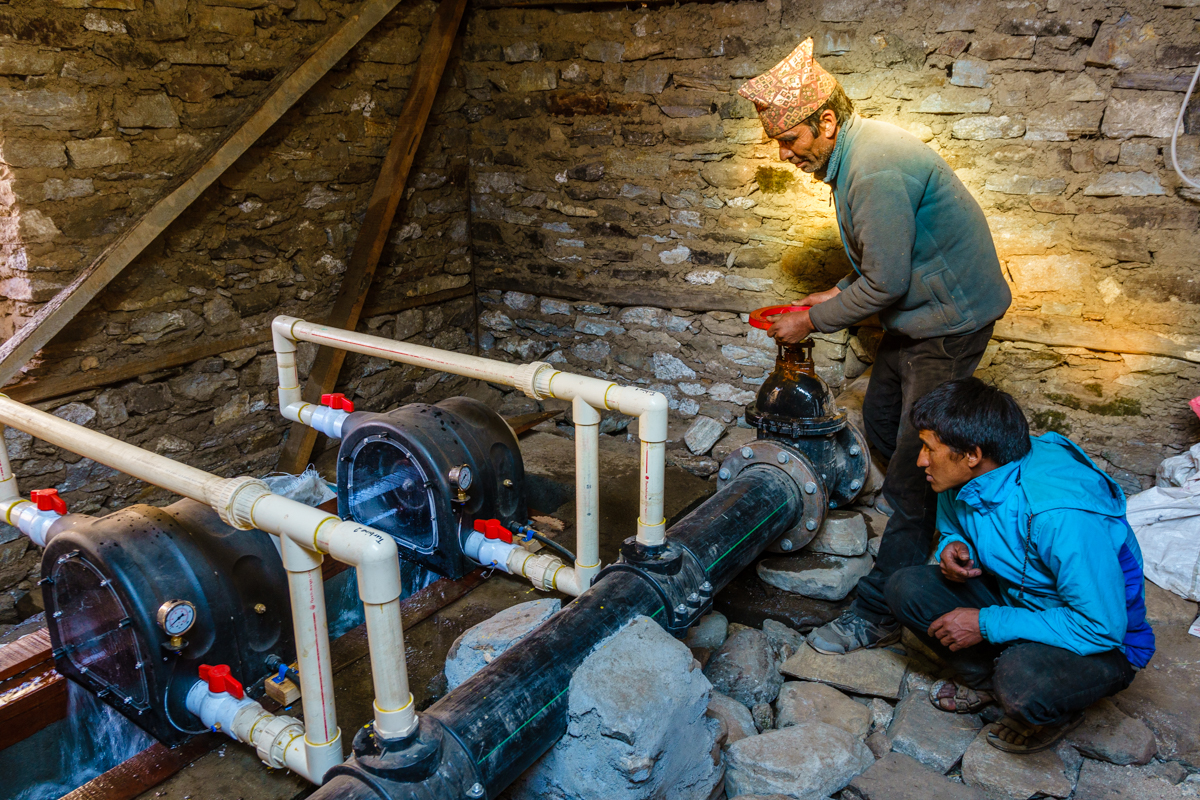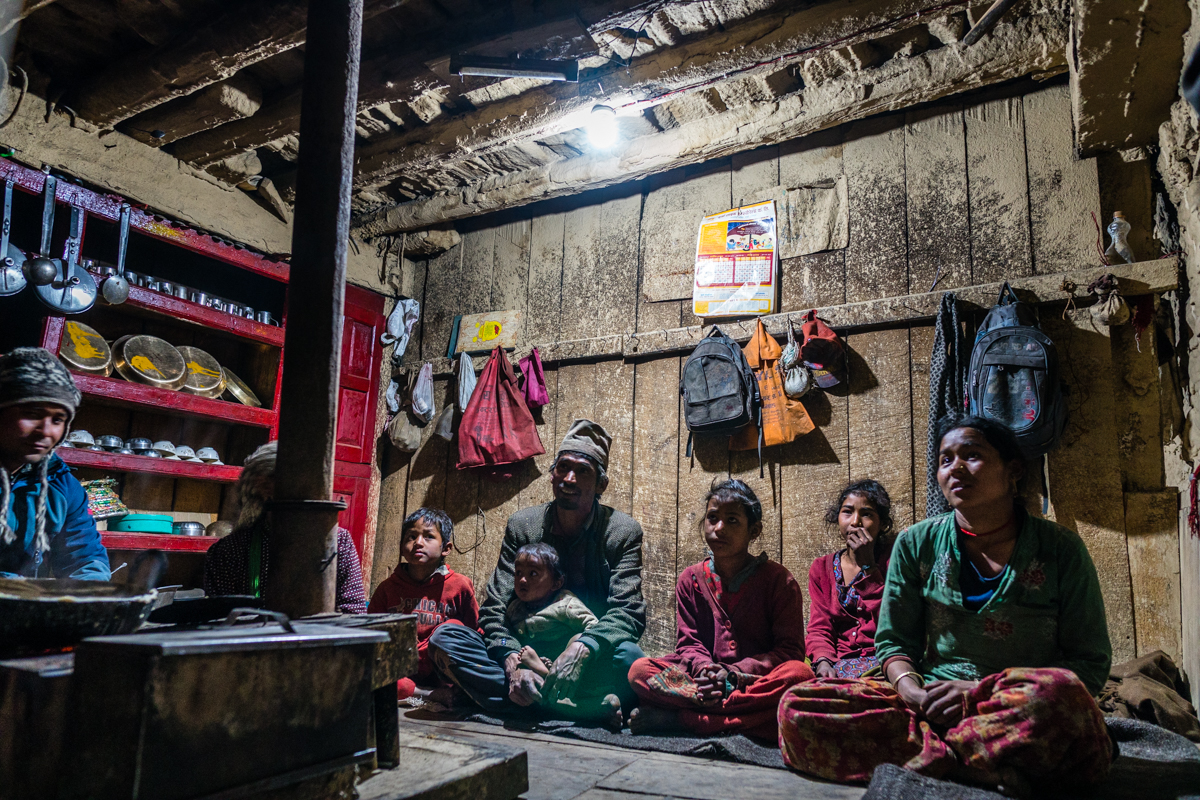

Swiss Partners
RIDS-Switzerland, Reitnau,
www.rids-switzerland.org,
Alex Zahnd
Project Type:
Technology:
Country:
Project Status:
Project Start:
End of Project:
Contract:
Documentation
Swiss Contribution
The design, through RIDS, has been done with support from industrial partners in Switzerland, Nepal and the USA, as well as in consultation with the Mohari village leadership. The key Swiss partners were RIDS-Switzerland, Studer Innotec SA, Chur HTW University of Applied Sciences and FHNW University of Applied Sciences and Arts Northwestern Switzerland.
Description
Nepal has historically built hydropower plants, as well as pico and micro-grid networks, to electrify remote communities. However, these networks are often oversized, making their maintenance and management too costly for initially disadvantaged villages. Within this project, the Mohari village was electrified using a mini-grid powered by the local river. A prototype of a modular pico-hydro system that can be scaled to a village’s social, skills level and economic capacities was built. It is expandable in 1.5 kW increments and designed to minimize operation and maintenance costs. A prepayment method was introduced to ensure sufficient revenue for the system’s maintenance and future expansion. “Smart dump loads” divert excess electricity production for use in practical applications, such as hot water generation for showers, greenhouse lighting or for heating biogas digesters.
Results
The pico-hydropower plant has been running non-stop since November 2018. It provides stable access to electricity for the 42 households in the Mohari village and powers several “smart dump loads”. PowerSout’s six Pelton turbines generate up to 6.6 kW. Eight operators have been trained to operate and maintain the system. The local community has participated through voluntary physical labour and by providing resources (equipment and land). The community has also been in charge of the installations since May 2019. The prepayment method for services works very well.
Impacts
Residents are satisfied with their reliable and constant access to electricity. They cannot imagine doing without it. Inclusive and sustainable socio-economic development is promoted by extending the activity period into the evening, due to light and motorization. Thus, the rural exodus has been slowed down. The local staff has acquired new skills for the system’s maintenance.